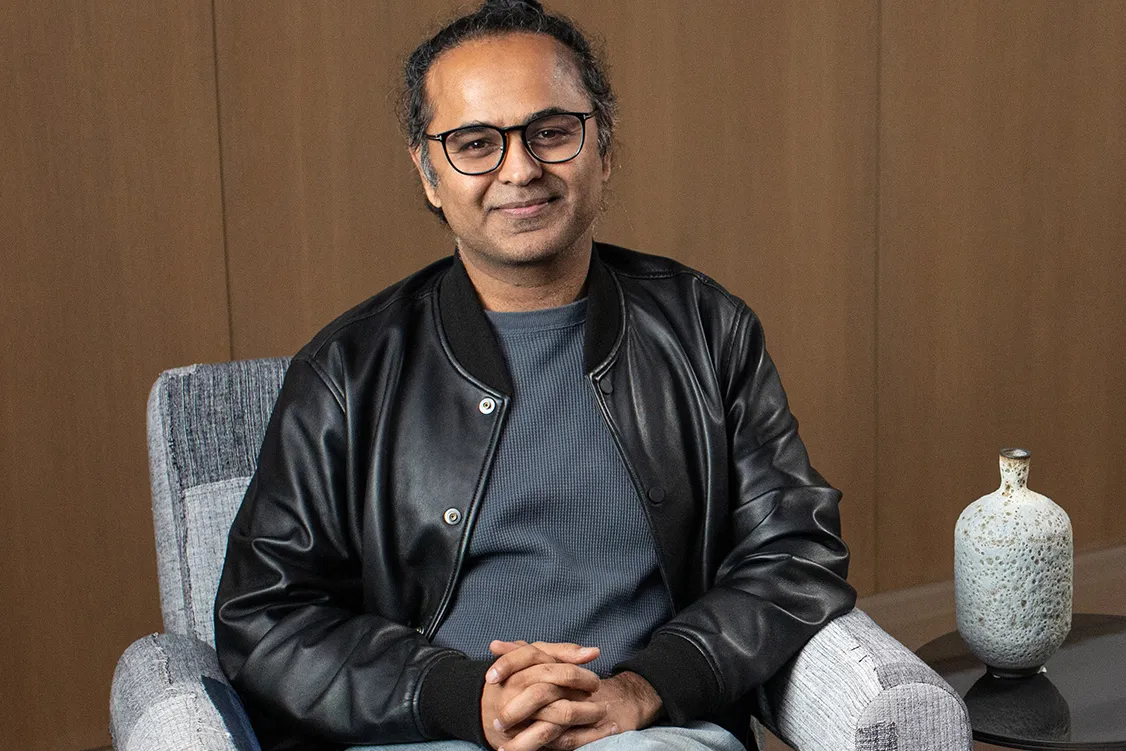How Healthcare is Using IoT Technology
How Healthcare is Using IoT Technology is becoming an essential issue in medical settings, as the need to identify and treat illnesses at an early stage has increased exponentially. Medical imaging technologies, such as CT and MRI scans, detect changes in the tissue and tumors and can even monitor their growth. Using IoT devices in healthcare can allow doctors and nurses to access more information, store it more efficiently, and process it more quickly.
The majority of IoT initiatives in healthcare are focused on improving the patient experience, such as remote monitoring through telemedicine. RFID and IoT can also be used to track assets in a variety of settings, including the patient, healthcare assets, and non-medical assets. For example, an automated pharmacy can track a patient’s medications and medication in real time to reduce re-visits.
Currently, IoT technologies are enabling doctors to customize treatment for individual patients. A smart pill bottle can remind a patient when to take a certain medication. Connected sensors in smart helmets can also detect when a person has fever and provide real-time information for healthcare providers. And a connected doctor’s watch or medical device can track potential carriers of disease. This is an excellent example of how IoT technology is transforming health care.
From environmental controls to security solutions to cloud-connected medical equipment, IoT is rapidly changing the healthcare industry and improving patient care. It also provides numerous benefits to various industries, including the user experience. Increasingly, medical devices can be integrated into IoT frameworks to optimize patient care and ensure comfort. And thanks to its widespread availability and wide-ranging scope, it is expected that the number of connected devices will surpass that of humans by 2023.
The benefits of IoT in healthcare are clear. Besides enabling better connectivity, it also allows for real-time results, which improves the patient experience. The future of healthcare is reliant on IoT, and the advancement of connected technologies will help transform the industry. In the meantime, healthcare professionals and investors will benefit from the evolution of IoT. It is predicted that IoT will reach a market value of US$ 952.3 Billion by 2032.
Internet of Things is an incredibly beneficial technology for the healthcare industry. It can help healthcare providers monitor patients more effectively, prevent waste, and optimize workflows. It can also help hospitals track staff and patients more efficiently. In addition to improving patient care, IoT technology can also help hospitals monitor public health issues like climate change and alert physicians to issues. Moreover, IoT can improve quality of life and cut the cost of health care.




